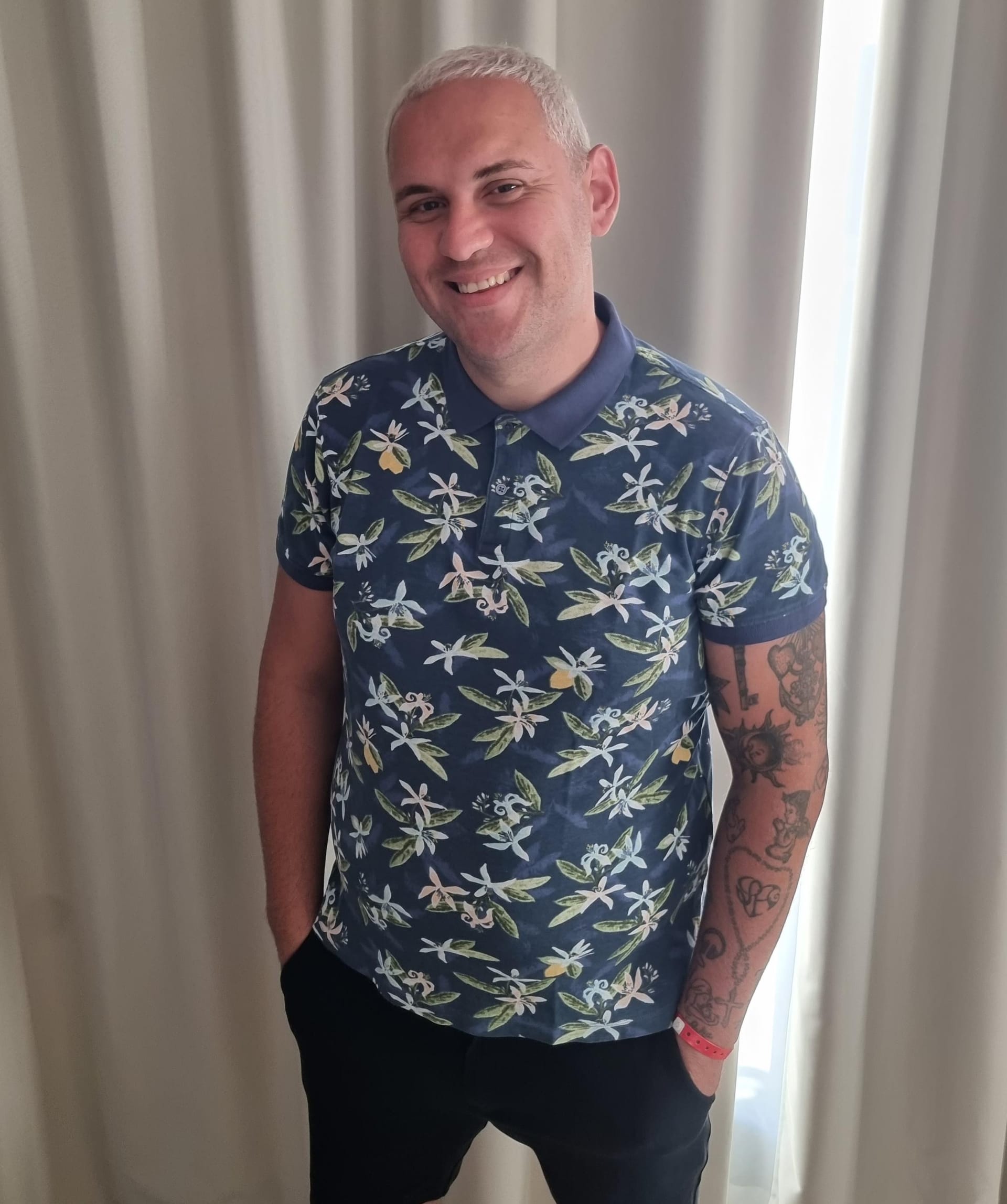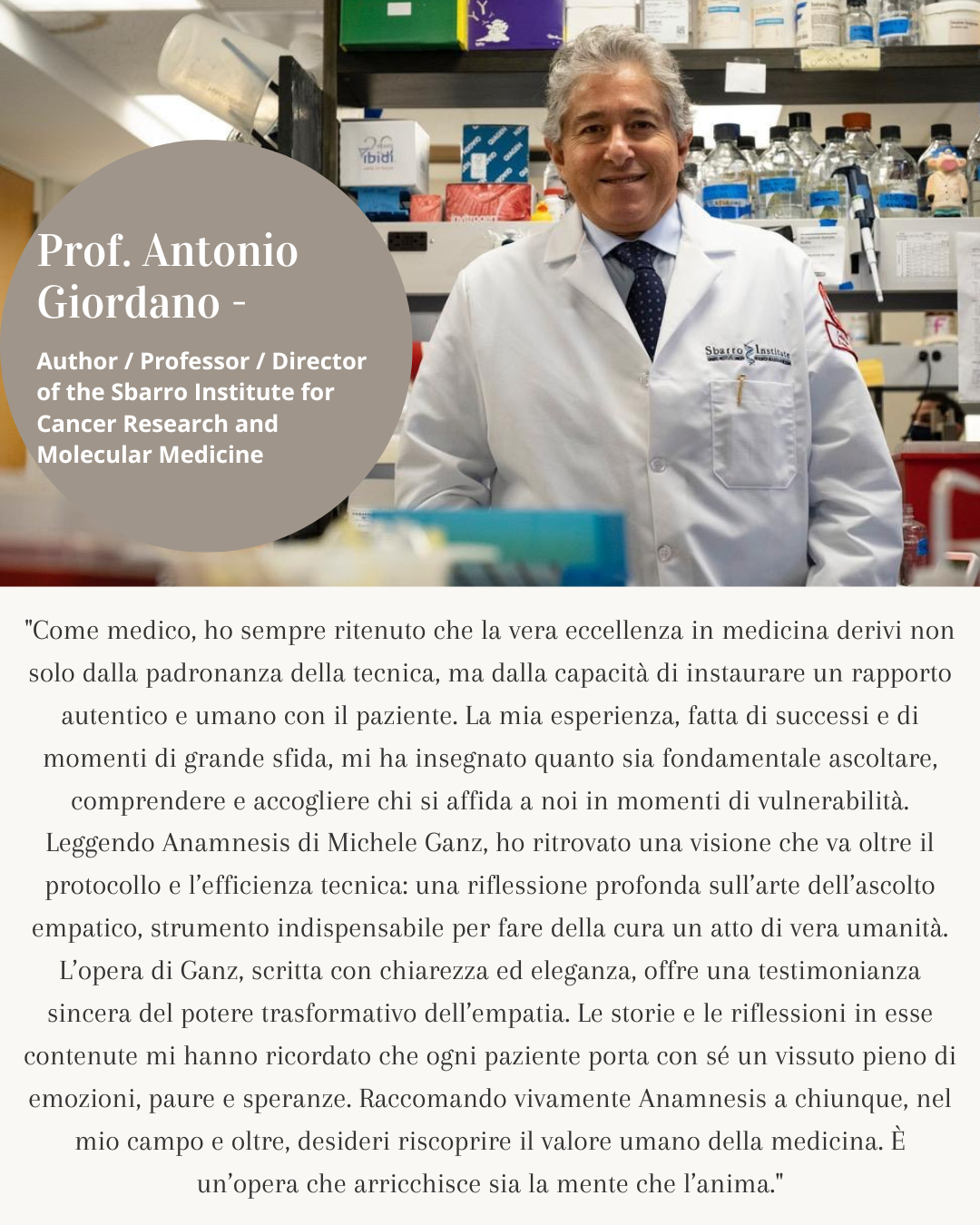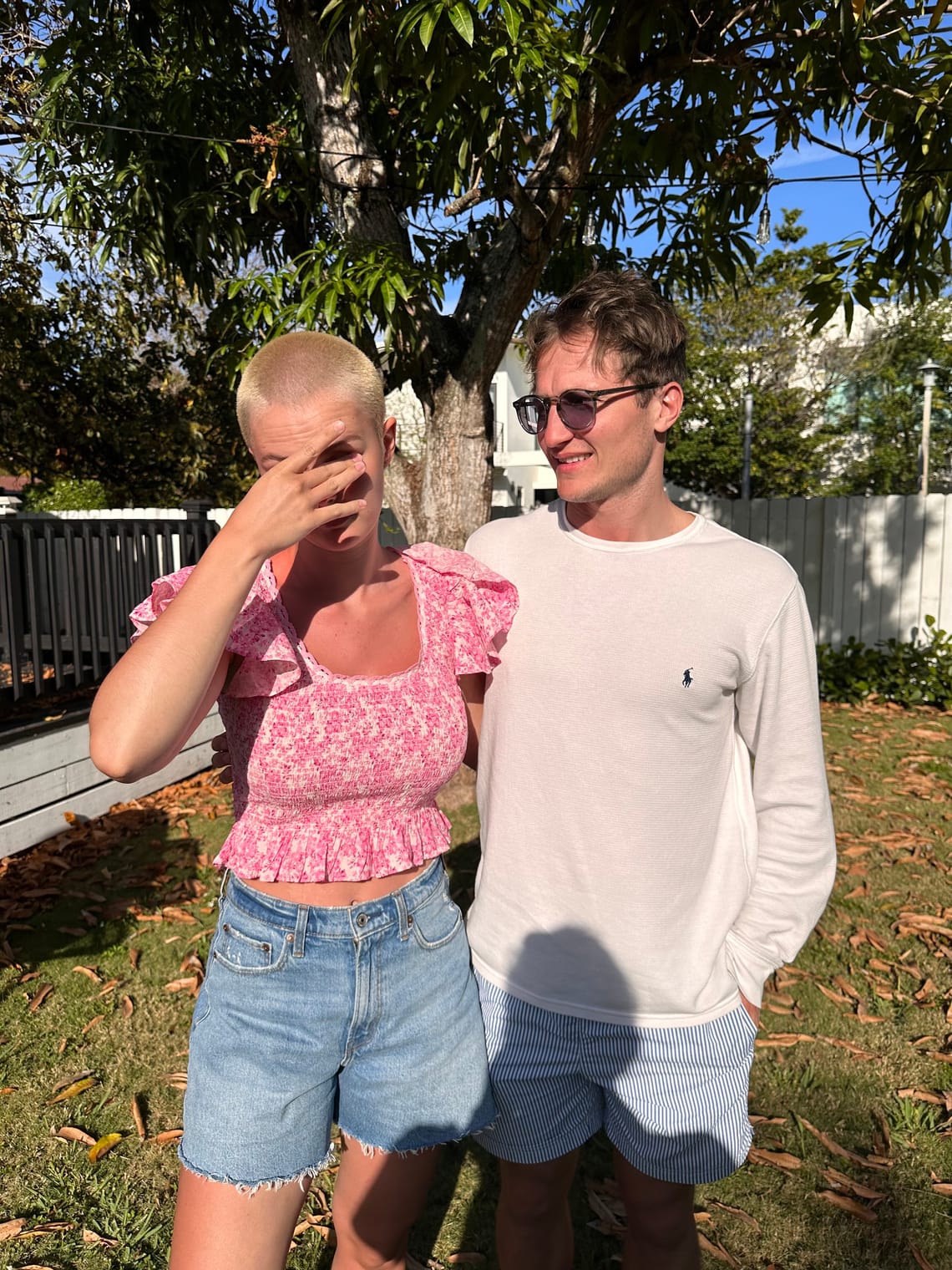"My first motorcycle accident dates back to 2020, a year already complicated by the COVID-19 pandemic. With two small children at home, including a newborn just two months old, dealing with the aftermath of the accident was a challenge. I stayed in the hospital for more than a month and a half due to a displaced open fracture after a car failed to yield and hit my right leg directly, damaging my tibia and fibula.
After an emergency surgery, I had a long recovery ahead with an external stabilizer, followed by an external circular fixator for more than 16 months. I still remember the excruciating pain, the shortness of breath, and the fear that I might have fractured my sacrum as I flew many meters from the impact. I couldn’t move my right leg, and seeing the bone sticking out of my skin made me realize how serious the situation was. At that moment, my first thought was for my partner and our daughters, wondering how she would manage everything on her own.
That accident was the first time I felt completely vulnerable. The doctors didn’t know if they would be able to save my leg, and the possibility of amputation loomed. Fortunately, that wasn’t necessary, but I did have to fight off an infection that required antibiotics. Despite everything, I remained positive, convinced that I would walk again and be stronger than before. Even while wearing the stabilizer, I kept telling myself that everything would be okay.
In the post-surgery period, with the circular fixator in place, I didn’t talk to anyone, and the pain left me exhausted, so much so that I couldn’t eat, especially in the evening. The suffering was more emotional than physical. Two days after the surgery, the staff helped me stand up again, but I felt uncoordinated and uncomfortable. After five days, I was discharged, partly due to the safety concerns related to the pandemic. When they finally took me home in the car, I burst into tears, realizing I would finally see my daughters again after what felt like an eternity.
What struck me the most was the difficulty the healthcare staff had in understanding the pain you go through during treatment and rehabilitation. No one had adequately prepared me for what awaited me at home. The doses of morphine were often insufficient, causing additional physical discomfort, such as the inability to go to the bathroom, a chronic debilitating condition. I remember the near-abusive use of morphine and the resulting malaise. However, I always found the strength to recover and improve.
My partner supported me tremendously during the recovery, learning how to do all sorts of dressings. Once a month, we would go to the hospital to monitor the healing process. In mid-January, during one of the routine check-ups, the doctors noticed that my leg had shifted laterally by six degrees. A new surgery fixed the problem, realigning the leg. Back home, the sleepless nights and nightmares resumed.
I knew I couldn’t afford to break down; I had to stay strong for my partner and our two children. Sometimes I would sleep in the living room so as not to disturb anyone, but the exhaustion often turned into tears. I often tell myself that I continued for almost a year pretending to sleep in the living room. On that peninsula with two pillows between my legs, keeping one elevated to avoid pain. Despite everything, I kept fighting, knowing that my attitude also influenced their peace of mind.
Over time, I learned to accept my health situation and the consequences it entailed. I had no intention of undergoing further surgeries. Besides, I was the only one working while my partner was on maternity leave. My parents, living in Greece (I was born in Albania and raised in Greece), couldn’t even come to help due to the COVID-19 restrictions. Nevertheless, my partner and I were an extraordinary team.
In the hospital, I formed beautiful relationships with other patients. We shared our emotions about our illnesses, facing difficult moments together and celebrating the happier ones. I still remember the promises made in the trauma ward to cut the hair of many people in the department, as I did it professionally. A truly special environment was created, a community that was an important support for me and my family. This network of solidarity, based on shared emotions and mutual support, was a precious form of care for me.
On December 5th, the external fixator was removed. Just before Christmas, a true Christmas gift. In the two days following my hospitalization, I kept my promise and cut the hair of everyone who had been close to me in the trauma ward, including patients, nurses, and healthcare staff. I reflected on the incredible work these people do every day, often taken for granted. They work tirelessly day and night to safeguard the health of patients, always with a smile and love. A job that’s not for everyone. They are the real superheroes. I am immensely grateful for all the professional support, empathy, and love I received.
Even today, I think about how important it is to recognize and value the work of healthcare professionals, who are often underappreciated. Facing this illness and the fight for better health has taught me that even in difficult moments, you must always see the positive side and approach the situation with optimism. You shouldn’t complain but rather react and fight until the end.
Even today, I hear the words of my youngest daughter: ‘Dad, do you still ride the motorcycle? Please, if you do, be careful not to get hurt again.’ Since then, I no longer ride the motorcycle. Even though it would be more convenient and the traffic in Milan is terrible, I decided to buy a small car. I told myself I wouldn’t put my family through a similar experience again."




